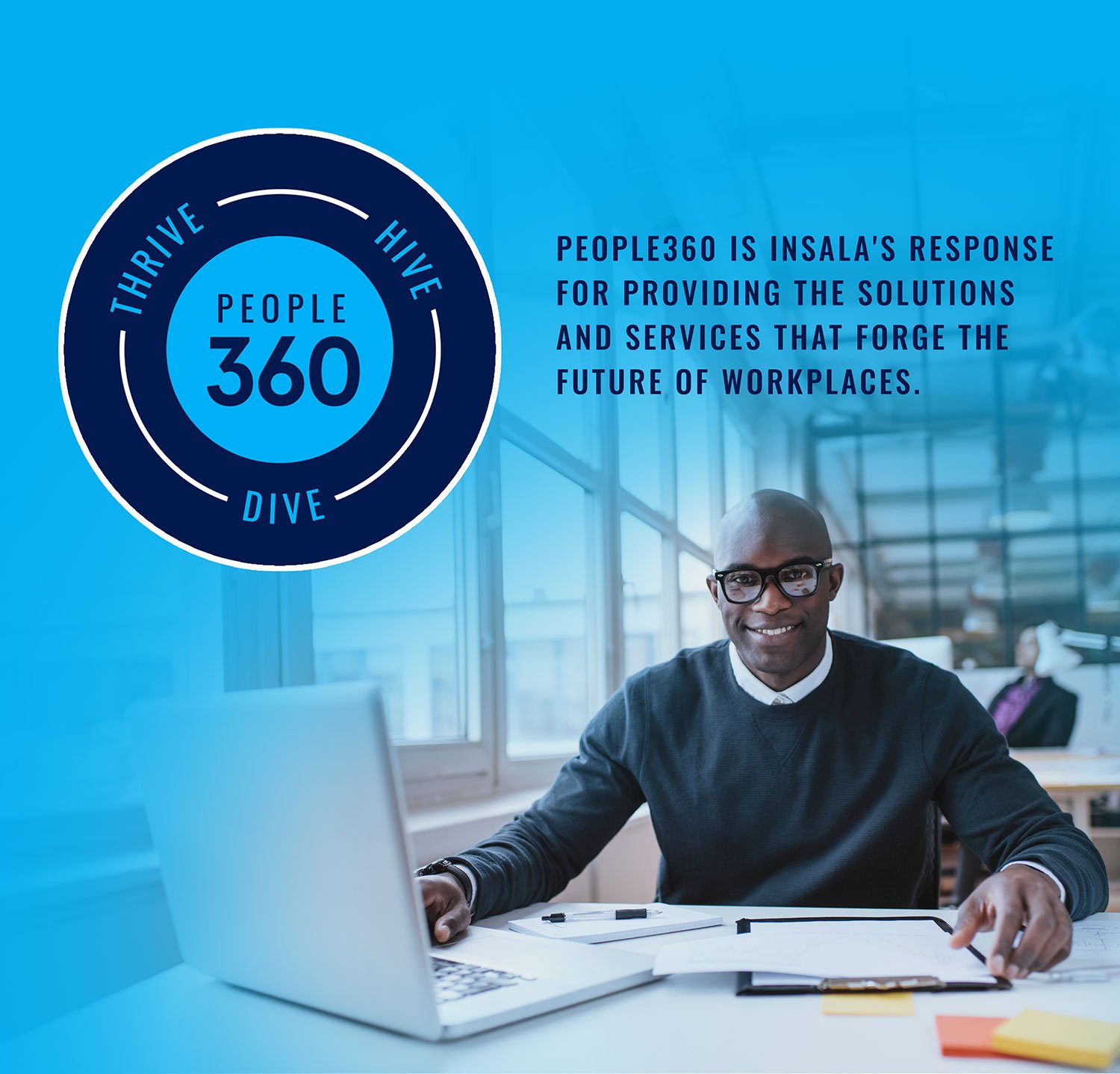Maximizing the Impact: How to Get the Most Out of Your Corporate Mentoring Program
Maximizing the Impact: How to Get the Most Out of Your Corporate Mentoring Program
Read more
Yes, but beforehand, they need to go back and workout what exactly didn’t work and decide whether it can be fixed or not. Here are some tips:
Go back to the mentoring agreement and review if what was agreed upon has been fulfilled. Are both parties giving enough time at the right interval for the relationship to be successful? It's important to recognize that one person is never completely responsible for the success or failure of the partnership.
There will be times when a mentorship doesn't work out for one reason or another. If terms cannot be negotiated or realigned, the mentor and mentee may need to split ways.
It is critical to note: This does not indicate failure on either person’s part; rather, it simply recognizes that the partnership is not productive.
A meeting with the mentoring program administrator, mentor, and mentee gives the program admin the opportunity to make sure ending the relationship is right for the situation and aid in dissolving the relationship in a respectful and professional way. The program admin should also gather feedback from the mentor and mentee to understand if there is anything that needs to change about the matching process going forward that could improve the program overall.
Here are related articles that may help:
Our experts are here to support you. We offer mentoring consulting services to support you as you evaluate your mentoring program or as you're starting out. Our mentoring software saves you time by increases likelihood of good mentorship matches and enabling effective management of your mentoring program. Book time to speak with our team today.

Maximizing the Impact: How to Get the Most Out of Your Corporate Mentoring Program
Read more
5 Questions every mentee should ask their mentor Mentorship is ...
Read more
Leverage Data To Enhance Your ...
Read more
Mentoring Program Lessons From An Insala Program Manager Hi, I’m Collin.
Read more
Why Does Mentoring Reduce Employee Turnover? Employee turnover is big problem. There are many industries in the United States that are suffering: Education, ...
Read more

People360 is a pioneer and industry leader recognized by Global 1000 and Fortune 500 companies and associations internationally, for 27+ years as a leader in Career Management, Mentoring, Coaching, Career Transition, Alumni Software solutions and People Analytics.
© 2024 People360. All rights reserved. Privacy Policy